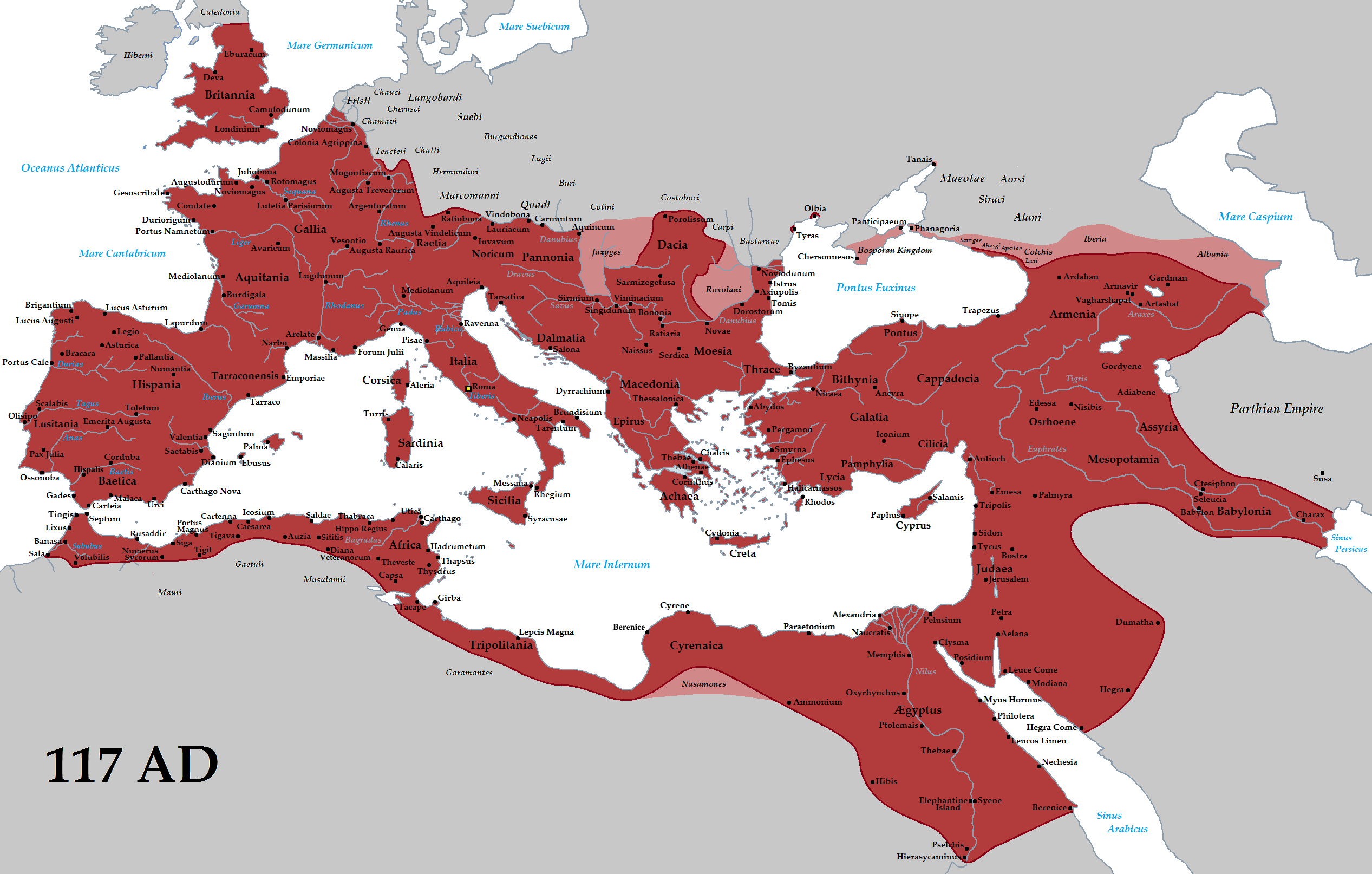The Roman Empire is often hailed as one of the most successful empires in human history. Spanning over 500 years, the Romans established a vast empire that covered much of Europe, the Middle East, and North Africa. The origins of Rome can be traced back to the 8th century BCE when it was a small city-state in central Italy. Over time, Rome grew in power and influence until it became an empire that controlled much of the known world.
One of the key factors that led to the rise of the Roman Empire was their military prowess. The Romans were renowned for their highly disciplined and organized army, which enabled them to conquer much of the Mediterranean world. They developed innovative military tactics, such as the famous testudo formation, and had access to superior weapons and equipment. Additionally, the Romans had a well-developed infrastructure that allowed them to move their troops quickly and efficiently across long distances.
Another important factor was the Roman's political strategies. The Roman Republic, which preceded the empire, was characterized by a complex system of checks and balances that prevented any one person from gaining too much power. However, this system eventually broke down due to internal strife and external threats. In 27 BCE, Octavian became the first Roman emperor, taking the name Augustus. Augustus established a new system of government that centralized power around the emperor, while maintaining the appearance of a republic. This system lasted for centuries and enabled the Romans to maintain control over a vast and diverse empire.
Finally, the Romans had a significant cultural influence on the world. Roman art, architecture, and literature were highly valued and emulated throughout the empire. The Romans were also known for their engineering feats, such as the construction of aqueducts, roads, and bridges. Additionally, the Romans established a common language, Latin, which became the basis for many modern European languages.
In conclusion, the rise of the Roman Empire was a complex and multifaceted process that involved military conquest, political maneuvering, and cultural influence. The Romans were able to establish one of the most successful empires in human history through their innovative strategies and their ability to adapt to changing circumstances.
Works Cited:
Beard, Mary. SPQR: A History of Ancient Rome. Liveright Publishing, 2015.
Goldsworthy, Adrian. In the Name of Rome: The Men Who Won the Roman Empire. Phoenix, 2004.
Heather, Peter. The Fall of the Roman Empire: A New History. Oxford University Press, 2006.








